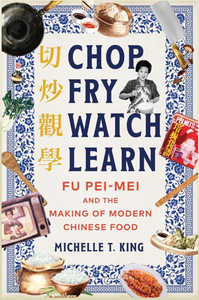Eat French fries, gain weight?
A reader, Thibault H writes:
So Harvard University came out with a study that news reporters are saying tells us that those who tend to eat more potatoes gain x amount of weight over 10 years…What do you make of this?…could it be possible that potatoes themselves are not the culprit and rather those who tend to eat more potatoes have a fattier diet or perhaps more sedentary lifestyle.
It could indeed. The study, which came out in the New England Journal of Medicine last week, looked at the weight gained by more than 100,000 people who had filled out diet questionnaires in 1986 or later. It correlates what people said they ate with weight gained over periods of 4 years:
The results show that people who said they habitually ate potato chips, potatoes, or fries—as well as the the other foods in the top part of the diagram—were more likely to gain weight.
People who reported frequent eating of the foods in the lower part of the diagram were likely to have lost weight.
What fun! The study assigns pounds of weight gained or lost to specific foods.
The study also did a more detailed analysis. This showed that French fries were linked to the greatest weight gain: 3.35 pounds over a 4-year period. If you habitually eat French fries, you may have a hard time controlling your weight.
No surprise. I recently ordered a side of fries in an excellent restaurant and was floored by the size of the order Eat a small handful: no problem. But this order surely hit 800 calories. Fortunately, there were four of us to share it.
Here’s how I explained the study to Katherine Hobsen of the Wall Street Journal (June 23):
Marion Nestle, New York University professor of nutrition and public health, expressed surprise that potato products were linked with more weight gain than desserts like cake, cookies and doughnuts, which contribute the most calories to the American diet, other research shows. She says she suspects people who eat potato chips and fries also tend to eat too much in general, making these foods markers for a diet leading to weight gain.
The new Dietery Guidelines “policy document” has a particularly entertaining chart of the leading sources of calories in U.S. diets. Here are the top six, in order:
- “Grain-based” desserts (translation: cakes, pies, cookies, cupcakes, etc)
- Breads
- Chicken and chicken mixed dishes (translation: fingers)
- Sodas, energy, and sports drinks
- Pizza
- Alcoholic beverages
Potato chips are #11 and fries are #17.
This new study provides evidence supporting what everyone surely ought to know by now: eat your veggies!
P.S. Here’s Andy Bellatti’s take on this study. His point: it’s not the carbs, it’s calories.



